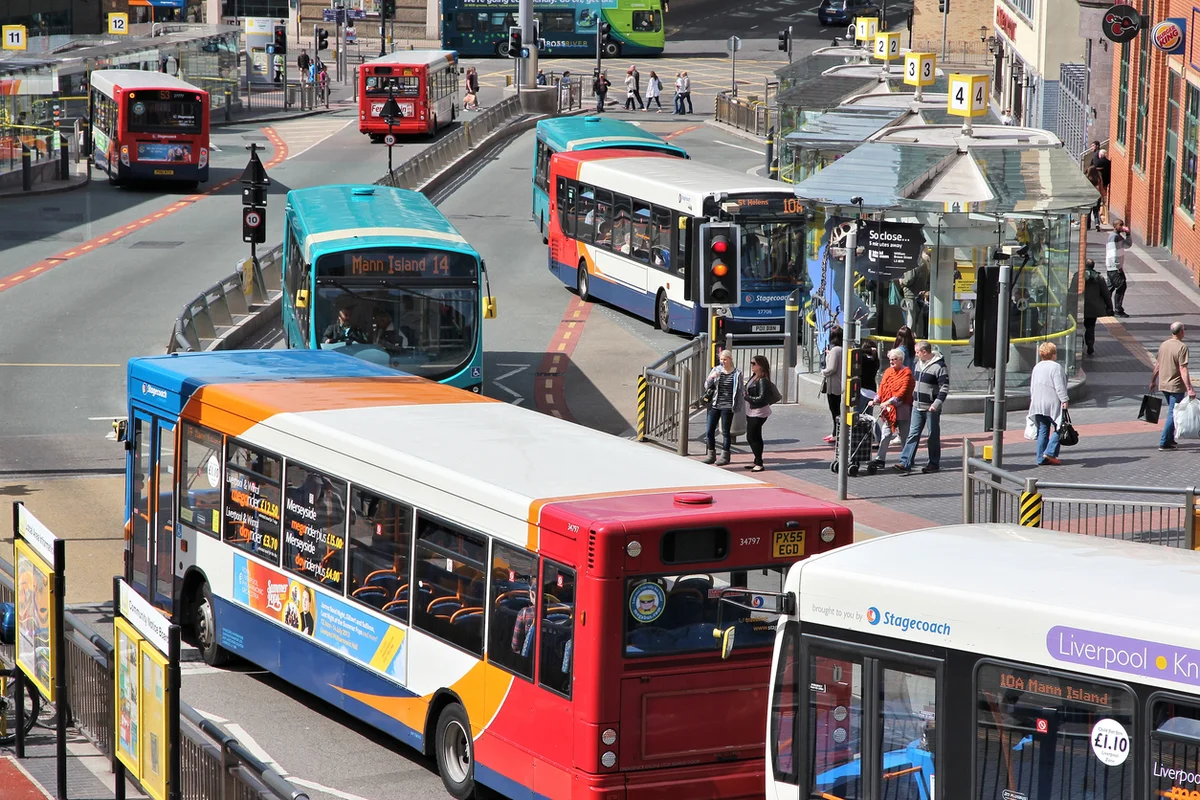Copyright independent

A proposed plan to trial free bus passes for young people under 22 years old has been dismissed by the government due to being “unaffordable”. The Transport Select Committee made the recommendation in a report published in August, suggesting that the government pilot a free bus pass for under-22s, valid for travel at any time of day. The committee said a scheme such as this would support access to work opportunities for younger people. In a response published on Friday, 31 October, the government said that while it recognises the benefits for free travel for under-22s, expanding concessionary travel would be “unaffordable” at present. The government said that it is currently “operating in a challenging fiscal environment” and the future funding for bus services has already been allocated for this period. It added that it believes that local leaders are best placed to decide on measures such as this, allowing them to target certain demographics. However, the government said they will continue to speak with Transport Scotland, which already has a free bus travel scheme aimed at under-22s, and will also monitor several local schemes in England that offer youth concessions for various age groups, such as those in London, Manchester, South Yorkshire and the West of England. The Transport Committee criticised the government’s response to its report on improving bus services, saying the government “lacks ambition” and risks missing an opportunity to improve connectivity in England. Transport Committee Chair, Ruth Cadbury MP, said: “When the Government announced its bus sector reforms last year it spoke of an ‘overhaul’ and a ‘revolution’. But its approach now looks lacking in ambition, and it is hard to shake the feeling that an opportunity may be missed, particularly to improve services in rural and underserved communities. “Throughout our inquiry we heard about the consequences of poor connectivity. Young people unable to get their first jobs or taking exhausting journeys to reach school or college. Older and disabled people feeling isolated and depressed, and high streets starved of customers. “Any serious attempt to revive services and make public transport equitable across the country will need new funding. And yet the most targeted proposals for how to provide funding where it would make the most difference are shrugged off with a suggestion that no decision will likely come before the next Spending Review – not for another three years,” she said. The government said in its response that it was already making “ambitious bus reforms” in a bus services bill that was officially passed on 27 October. The new law will place stricter requirements on operators that wish to cancel certain services and give local authorities more control over vital routes. It also said it is allocating over £1bn to support and improve bus services and keep fares affordable in 2025 and 2026. However, Ms Cadbury said the committee is not satisfied with the new act alone. “The Bus Services Act is a positive and necessary start to the work of reviving bus services, but it cannot be the last word,” she said. “Local authorities need more opportunity, funding and incentives to grow their networks and passenger numbers.” Read more: London buses – can you walk faster than they can drive?



